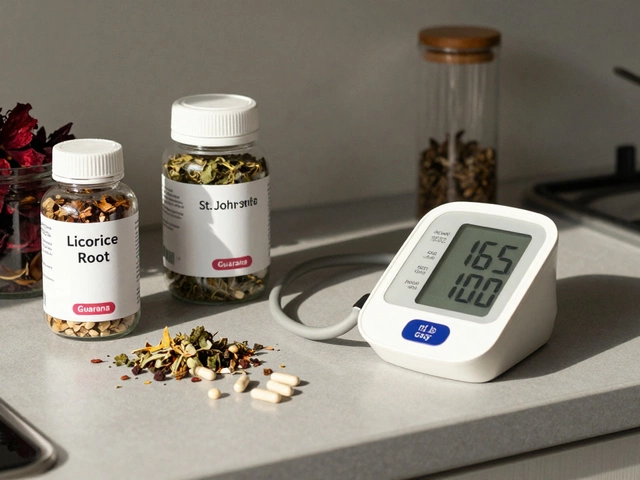Orthopedics Basics and Simple Tips for Strong Bones and Joints
Welcome to the orthopedics section of Sunny Health & Wellness Indian Hub. If you’re looking for easy answers about bone health, joint pain, or surgery recovery, you’re in the right place. We keep the language plain and the advice useful so you can act fast.
Understanding Orthopedic Basics
Orthopedics deals with anything that supports your body’s structure – bones, joints, muscles, ligaments, and tendons. Most people only think about orthopedics when they break a bone or need a knee replacement, but everyday habits matter too. For example, the hyoid bone in your throat is a rare bone that never fully heals on its own; knowing its role can help you spot neck pain early.
Keeping your bones strong starts with nutrition. Calcium, vitamin D, and magnesium are the trio you need daily. A glass of milk, a handful of nuts, or a bowl of leafy greens can cover most of the requirement. Combine that with weight‑bearing activities like brisk walking or light jogging, and you give your skeleton a solid workout.
Joint health follows the same logic. Stay active, keep a healthy weight, and avoid long periods of sitting. If you feel stiffness after a few hours of work, stand up, stretch, and move around for a couple of minutes. Those tiny breaks protect cartilage from wearing out too fast.
Tips for Common Orthopedic Procedures
When surgery becomes necessary, knowing what to expect speeds up recovery. After knee replacement, for instance, start moving your leg as soon as the surgeon allows – usually within the first day. Gentle bending, ankle pumps, and short walks keep blood flowing and reduce swelling.
Fastest recovery after knee replacement isn’t about miracles; it’s about consistency. Follow a balanced diet rich in protein to help tissue repair, stay hydrated, and use a cold pack on the joint for 15 minutes a few times a day. Most people can manage daily chores by the third week if they stick to the rehab plan.
If your doctor mentions “bone‑on‑bone” knee arthritis, it doesn’t automatically mean surgery. Physical therapy, steroid injections, and cartilage‑supporting supplements can buy you time. In many cases, patients find relief and postpone a knee replacement for several years.
Post‑surgery bowel issues are common, especially after knee operations. Constipation can make recovery uncomfortable, so add fiber‑rich foods, stay active, and talk to your doctor about safe laxatives if needed.
Finally, remember that every orthopedic journey is personal. Track your pain levels, mobility, and any side effects in a simple notebook. Share those notes with your surgeon or physiotherapist – clear communication prevents misunderstandings and speeds up healing.
Whether you’re curious about the quirkiest bone facts or need a step‑by‑step guide for knee surgery recovery, this page brings the most useful orthopedics info together. Keep checking back for new tips, updates on medical advances, and real‑world advice that fits Indian lifestyles.





